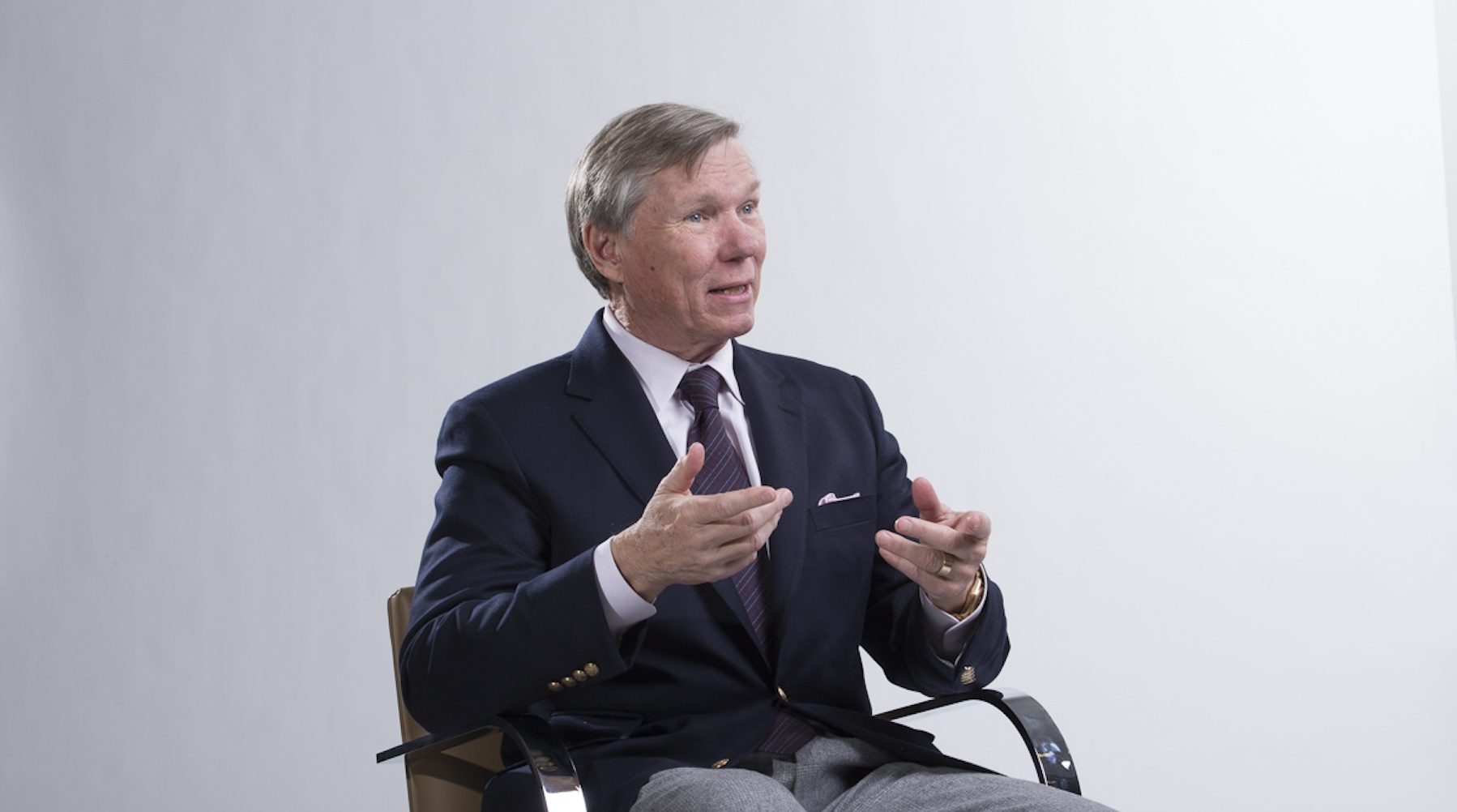Whether they’re rare or even relatively common, diseases can remain invisible to us until they strike someone we love. Or a celebrity.
Think Parkinson’s disease and Michael J. Fox. HIV and Magic Johnson. And, most recently, Rush Limbaugh and lung cancer.
Earlier this month, the conservative radio host announced that he’d been diagnosed with advanced lung cancer. The next day, during his State of the Union address, President Trump awarded Limbaugh the Presidential Medal of Freedom.
Both developments — Limbaugh’s diagnosis and his subsequent salute by the President — have called attention to lung cancer. It also presents a stark reminder that in spite of the many advances that scientists and biotechnology companies are making, in the fight against disease, our own behaviors often prove to be our most powerful ally.
Or enemy.
Declining death rate
The American Cancer Society announced in January that the cancer death rate fell 2.2% from 2016 to 2017, the sharpest single-year decline in cancer mortality ever reported. That represented the continuation of a steady trend, which has seen cancer deaths drop by almost 30% since 1991.
A variety of factors are driving this drop, but at the front of the pack is a decline in lung cancer deaths. Experts attribute that decline to a pair of factors: advances in detection and treatment, and falling smoking rates.
Research has enabled doctors to develop more effective ways of screening for and detecting lung cancer at early stages. And it has provided them with improved surgical techniques and radiation therapy to treat the disease once they identify it.
Advances in therapy have also, more recently, extended to drugs. First, targeted therapies like Avastin, which blocks the growth of blood vessels, came onto the market. Immunotherapies like Keytruda and Opdivo followed, harnessing our body’s immune system to attack lung cancer.
These breakthroughs, particularly immunotherapy, have signaled a sea change in lung cancer treatments. Indeed, when discussing particular patients’ cases, hematologists and oncologists have dared to invoke a term that, until recently, had been considered a four-letter word in the realm of lung cancer treatment: cure.
The power of behavior
Science drove the diagnostic and treatment portion of the equation, and it also fueled the behavioral side. When researchers established an irrefutable link between smoking and lung cancer, people changed their behaviors.
As a result, smoking rates are now at historical lows.
A significant number of people will still develop lung cancer, either as a primary disease or a metastasis from cancer elsewhere in the body, without smoking. However, the American Lung Association reports that smoking contributes to 80% of lung cancer deaths in women, and 90% in men.
This means that of the 135,000 people who are predicted to die of the disease this year, 115,000 will do so because of smoking.
The Lung Association reports that women who smoke are 13 times more likely to develop the disease. For male smokers, their chances for lung cancer stand at 23 times the rates of their non-smoking counterparts.
In other words, the biggest single thing any of us can do to try to avoid becoming a grim lung cancer statistic is not to smoke.
A skeptic becomes a patient
Rush Limbaugh has said that he started smoking cigarettes as a teenager but quit decades ago. Nevertheless, photographs even from recent years have often shown him smoking a cigar.
In 2015, he questioned the link between smoking and cancer deaths.
When he announced his diagnosis, Limbaugh said that he was suffering from “advanced” lung cancer and that he would be meeting with his doctors to evaluate further treatment options. Although I don’t know the details of Limbaugh’s diagnosis, I suspect this description indicates that the tumor is large and has spread to other tissues.
If this is the case, he is facing long odds. According to the National Cancer Institute, the 5-year survival rate in such cases is about 5%.
Physicians will no doubt use every weapon in their arsenal to try to save Limbaugh. Thanks to advances in treatment, that arsenal is much larger and more powerful than it was even a half-decade ago.



